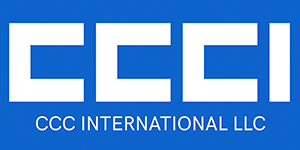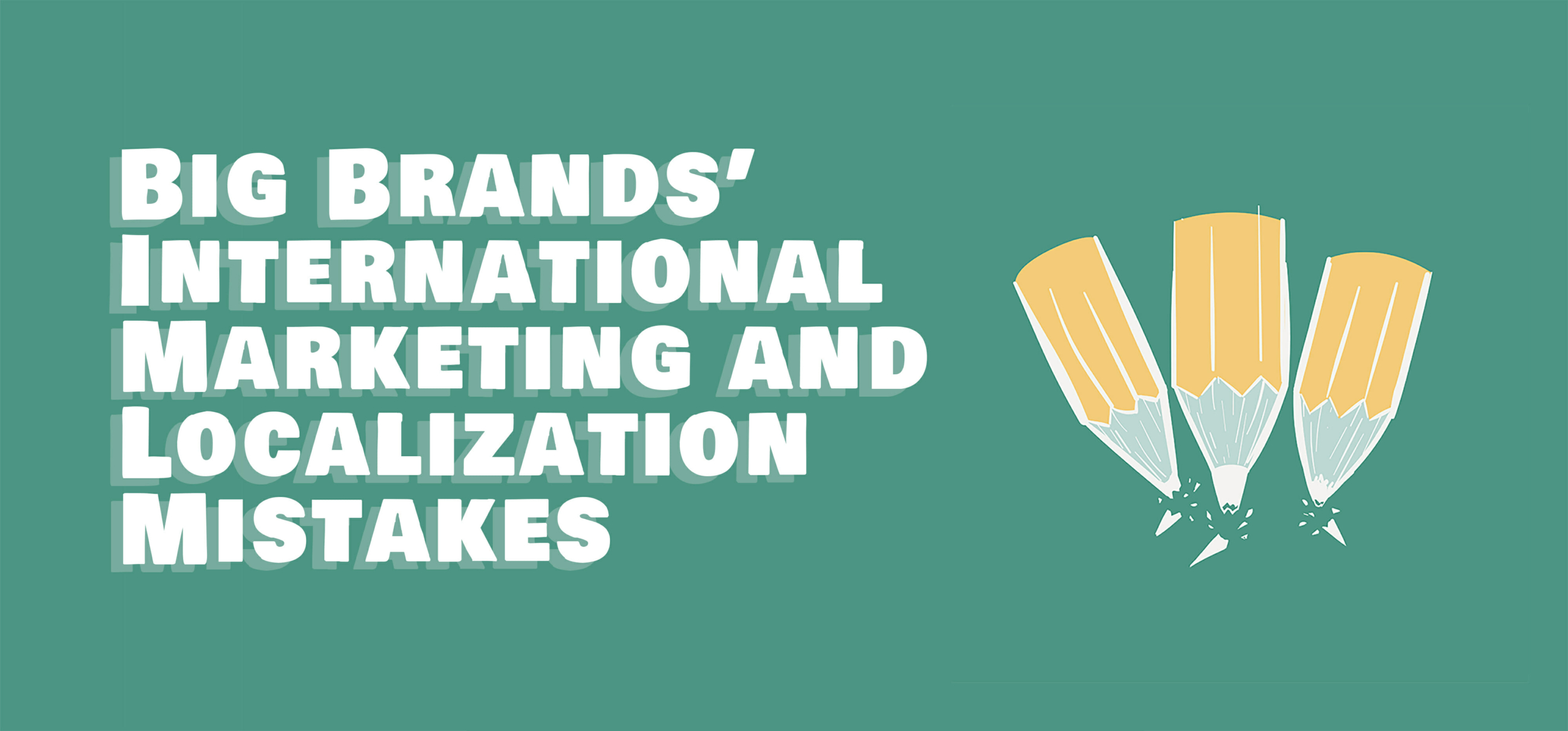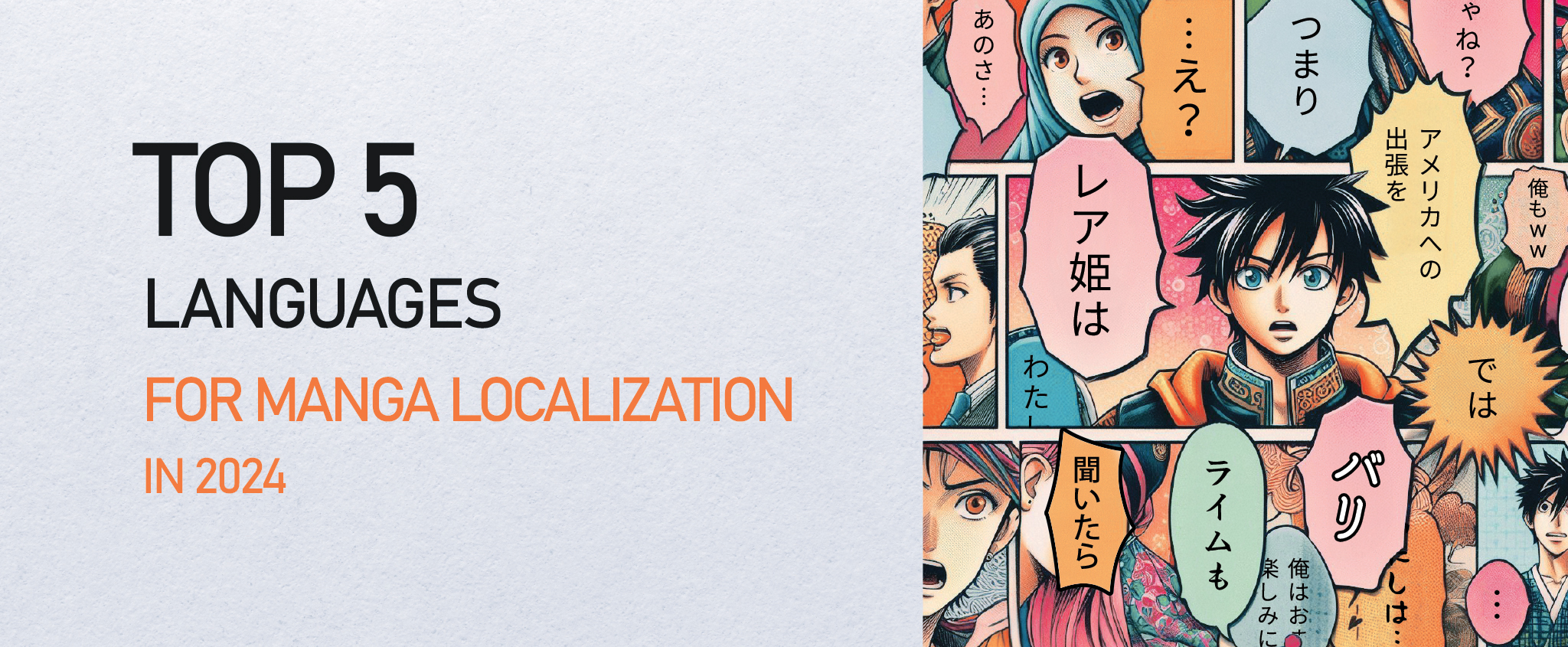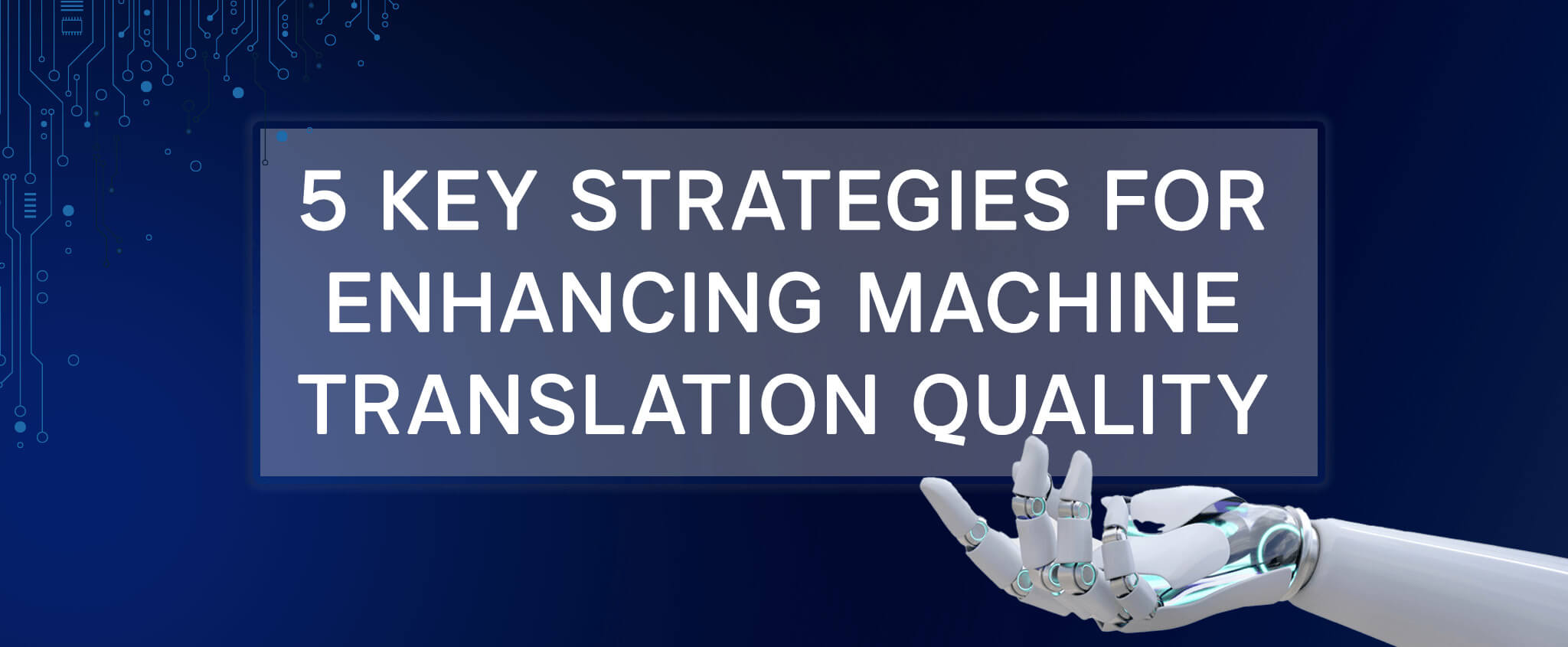Big Brands’ International Marketing and Localization Mistakes
Some translation, marketing, or localization mistakes cost more than just losing revenue or market share. The failure can quickly go viral and negatively affect a brand’s image on a long-term scale. Besides, it can lead to disastrous scenarios such as customer boycotts, and you might have to forget about entering new valuable markets forever.
Big companies and brands often have their own translation and localization department or retain the same service provider to avoid being misunderstood by the market they are trying to enter. Nowadays, professional translation and localization can fill the cultural and linguistic gap from one country to another, and thus allowing global campaigns and other marketing activities to become successful.
Hence, besides other essential business activities, the first step to internationalization is hiring a trusted professional translation and localization company. (To know the difference between translation and localization, read our blog here.)
And what better way to avoid international marketing and translation no-no by knowing more about them through these famous brands’ unfortunate mishaps.
BMW and the UAE National Anthem
One of the biggest marketing mistakes in history was made by German car giant BMW. The German automaker’s advertisement opened with Al Ain Football Club members singing the Emirati national anthem before starting a game. A few seconds in, they suddenly stopped singing upon hearing a car engine sound and ran towards BMW cars.
Not surprisingly, Emiratis found the commercial incredibly offensive and demanded withdrawal, describing it as disrespectful to the national anthem. Despite the company’s explanation about the issue, the advert had been replaced with a less offensive version.
KFC Slogan’s Chinese Translation
Throwback to the 1980s when the Kentucky Fried Chicken (KFC) touched down in China as the first American fast-food chain. Most of you may remember KFC’s all-time-popular slogan “Finger-Lickin’ Good.” The Chinese translation was more than horrifying in that the meaning became “Eat Your Fingers Off.” Luckily, despite KFC getting off on the wrong foot, it didn’t hold back the giant company from expanding into the billion-dollar sized Chinese market. Now, KFC has become the most popular fast-food chain in China with more than 5000 branches.
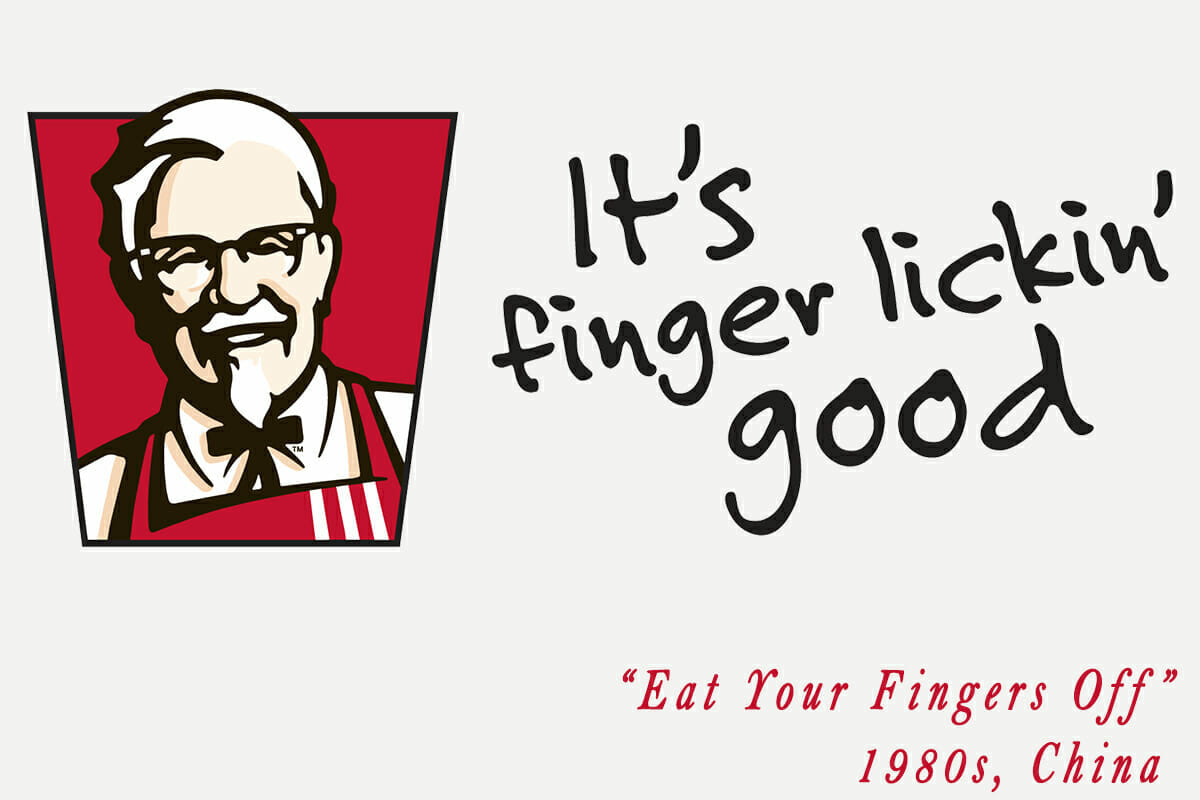
Starbucks “Latte” in Germany
Dear Starbucks lovers, even your favorite brand isn’t immune to translation missteps.
Localizing the famous “Gingerbread Latte” to German for the holidays seems like a piece of cake. (Gingerbread is a popular holiday treat in Germany.) However, not only did Starbucks fail to translate “gingerbread,” but also made a huge blunder with the word “latte”. “Latte” means milk in Italian, but in German, it is a rather indecent slang for erection.
Fortunately for Starbucks, this didn’t provoke a strong negative reaction in its many German coffee fans who took the gaffe light-heartedly. Consequently, Starbucks continued its use of the word “latte” for the German market.
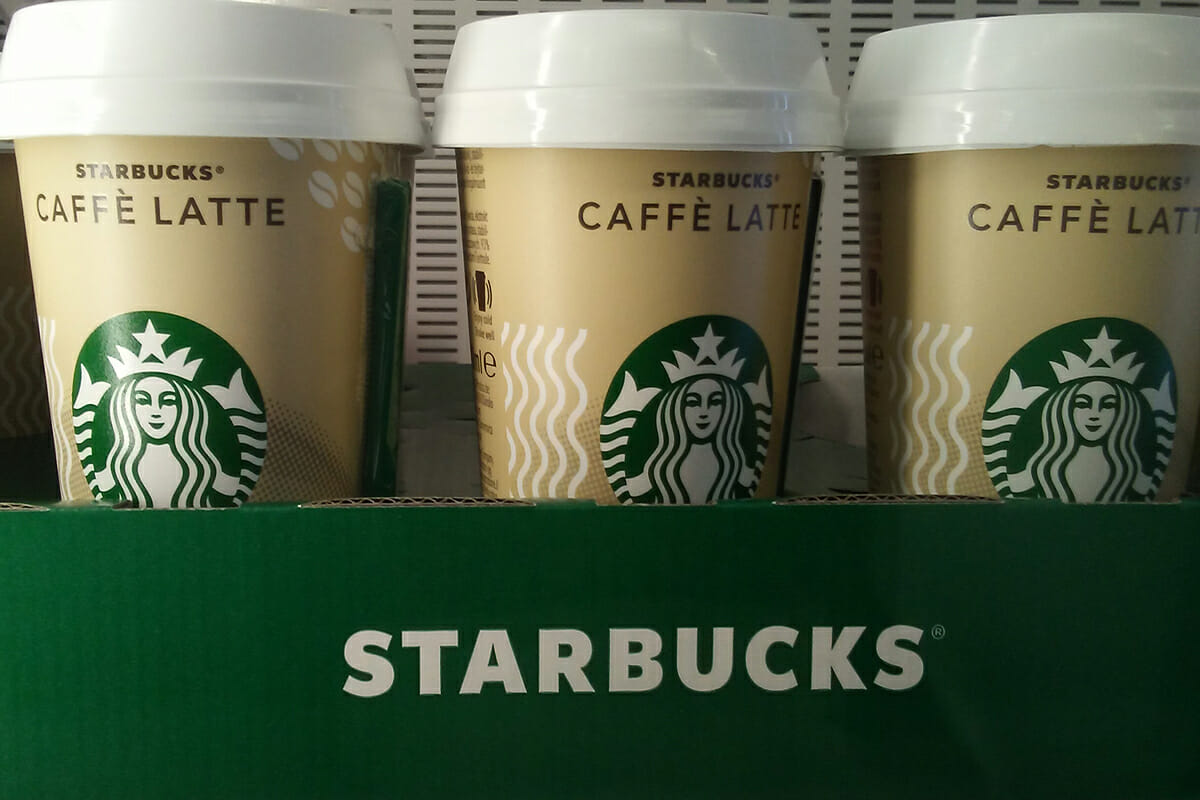
Braniff Airlines’ “Inappropriate” Message for Latin Americans
Back in the 1980s, somewhere in the south of the U.S., Braniff Airlines started to widely promote its new leather seats, encouraging travelers to fly with luxury. Yet in Latin America, it faced translation and localization mistakes. The “Fly in Leather” campaign was translated into Spanish as “Vuela en Cuero.” Unfortunately, this can bear a different connotation when spoken. “En cueros,” which is pronounced the same as “en cuero,” means “naked,” turning the fancy tagline into a racy one: “Fly Naked.” The humorous, unintentional invite became an embarrassing and costly mistake for Braniff Airlines.
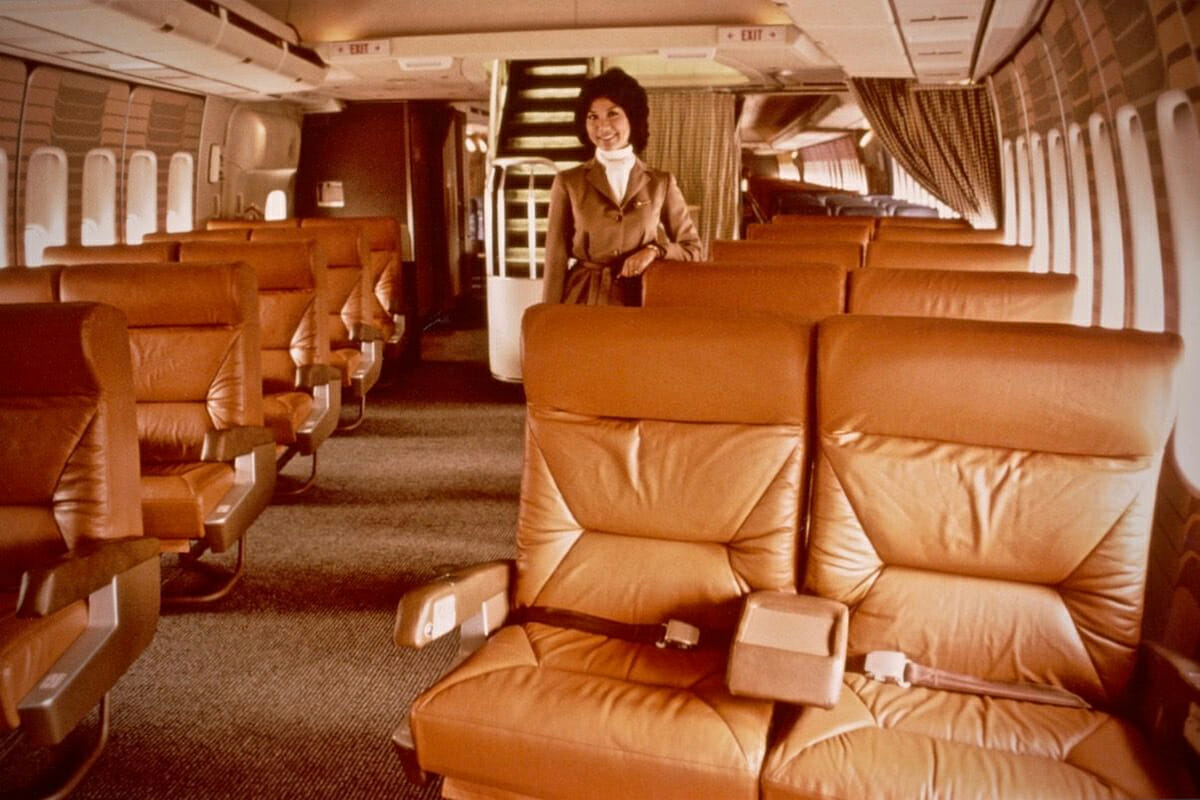
Dolce & Gabbana’s Fail Leading to a Boycott
Imagine an advert where a Chinese woman wearing luxurious cloth eats Italian food with chopsticks. Less-than-stellar, right? For many Chinese, it wasn’t clear enough what D&G was trying to sell. Italian food? Were they opening a restaurant?
This series of commercials were real sidestepping disasters for the luxury brand just because China was one of Dolce & Gabbana’s largest markets. It wasn’t culturally appropriate, and most consumers demanded the boycott and ban of the brands’ products.
Maybe replacing Italian food with Chinese food would have alleviated the situation. In any case, it was a tough lesson learned for D&G management.
Pampers in Japan: Peach or Stork?
Another classic example of painful internationalization fails is from Procter & Gamble. The world’s largest distributor company decided to expand to the wealthy market of Japan and started a campaign.
As they say, “visuals matter”. Regrettably, P&G didn’t take this seriously when they pushed for the same U.S. marketing imagery of storks delivering babies in Japan. To their dismay, the ads never caught on with Japanese parents. P&G learned after a while that the lack of success was due to the fact that in Japanese folklore, huge peaches floating down the river bring the newborns, not storks. This localization mistake cost a lot for P&G in terms of both finances and their reputation. Nonetheless, several years after, Procter and Gamble was able to establish itself as a trusted brand in Japan.
Electrolux’s “Suck” Slang
Swedish vacuum company Electrolux began its campaign to expand its market in the United States. Like Pampers, the team at Electrolux had not done intensive research. The translation and localization mistakes cost them new market opportunities with considerable profit margins.
They chose the tagline “Nothing Sucks Like an Electrolux” for their campaign. Albeit grammatically correct and catchy, the expression failed to impress U.S. shoppers for obvious reasons. “Sucks,” if you aren’t aware, means unpleasant, unfortunate, or bad in informal speech.
In any case, Electrolux’s campaign failure in the US doesn’t mean the brand never had any success with its slogans. In the 1960s, the company launched a successful campaign in the UK but this time with its international slogan “Thinking of you.” Still a bit questionable, but hey, better than “Nothing Sucks Like an Electrolux,” right?
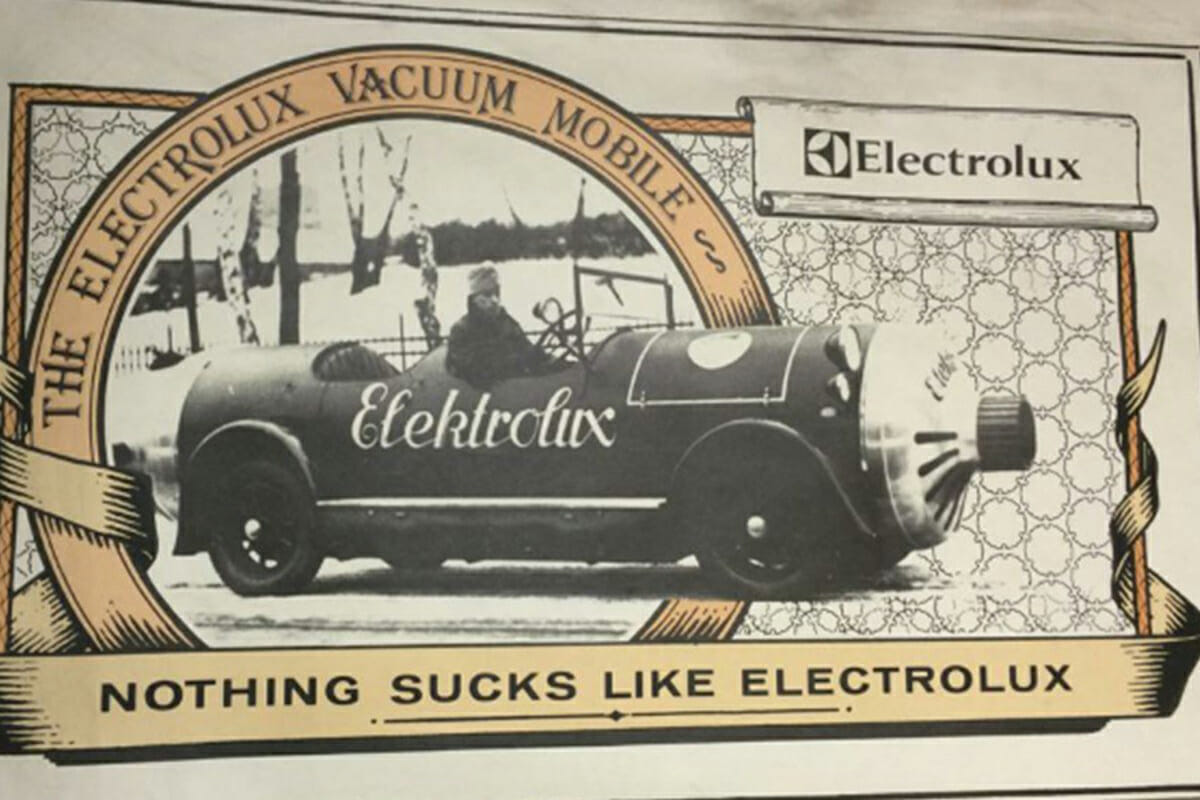
These classic marketing and localization mistakes’ examples of big brands highlight the importance of proper translation and localization for all markets and industries. Avoid costing a fortune by hiring only professional localizers to boost your business!
Having more than 10 years of experience, we at CCCI ensure linguistic and cultural localization and translation for every industry in 30 and more languages. Our specialists are experts in marketing translation and localization services. We are also passionate about helping businesses gain success in entering foreign markets, going global, and maximizing sales with the help of our multilingual support and BPO services.
Read also about industries that need translation services the most.
